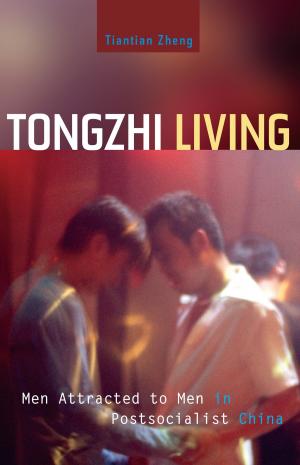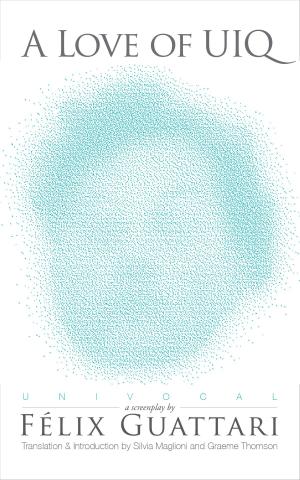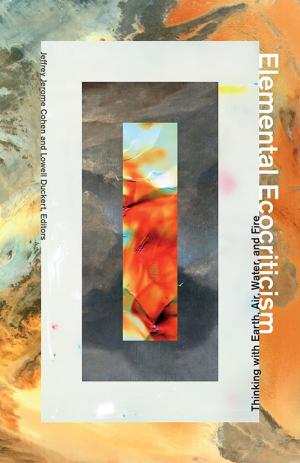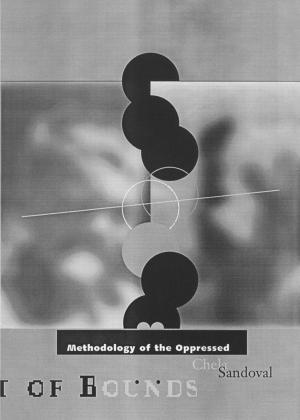The Construction of Equality
Syriac Immigration and the Swedish City
Nonfiction, Art & Architecture, Architecture, Planning, Social & Cultural Studies, Social Science, Cultural Studies, Emigration & Immigration, Anthropology| Author: | Jennifer Mack | ISBN: | 9781452955018 |
| Publisher: | University of Minnesota Press | Publication: | October 30, 2017 |
| Imprint: | Univ Of Minnesota Press | Language: | English |
| Author: | Jennifer Mack |
| ISBN: | 9781452955018 |
| Publisher: | University of Minnesota Press |
| Publication: | October 30, 2017 |
| Imprint: | Univ Of Minnesota Press |
| Language: | English |
An industrial city on the outskirts of Stockholm, Södertälje is the global capital of the Syriac Orthodox Christian diaspora, an ethnic and religious minority group fleeing persecution and discrimination in the Middle East. Since the 1960s, this Syriac community has transformed the standardized welfare state spaces of the city’s neighborhoods into its own “Mesopotälje,” defined by houses with Mediterranean and other international influences, a major soccer stadium, and massive churches and social clubs. Such projects have challenged principles of Swedish utopian architecture and planning that explicitly emphasized the erasure of difference. In The Construction of Equality, Jennifer Mack shows how Syriac-instigated architectural projects and spatial practices have altered the city’s built environment “from below,” offering a fresh perspective on segregation in the European modernist suburbs.
Combining architectural, urban, and ethnographic tools through archival research, site work, participant observation (among residents, designers, and planners), and interviews, Mack provides a unique take on urban development, social change, and the immigrant experience in Europe over a fifty-year period. Her book shows how the transformation of space at the urban scale—the creation and evolution of commercial and social districts, for example—operates through the slow accumulation of architectural projects. As Mack demonstrates, these developments are not merely the result of the grassroots social practices usually attributed to immigrants but instead are officially approved through dialogues between residents and design professionals: accredited architects, urban planners, and civic bureaucrats. Mack attends to the tensions between the “enclavization” practices of a historically persecuted minority group, the integration policies of the Swedish welfare state and its planners, and European nativism.
An industrial city on the outskirts of Stockholm, Södertälje is the global capital of the Syriac Orthodox Christian diaspora, an ethnic and religious minority group fleeing persecution and discrimination in the Middle East. Since the 1960s, this Syriac community has transformed the standardized welfare state spaces of the city’s neighborhoods into its own “Mesopotälje,” defined by houses with Mediterranean and other international influences, a major soccer stadium, and massive churches and social clubs. Such projects have challenged principles of Swedish utopian architecture and planning that explicitly emphasized the erasure of difference. In The Construction of Equality, Jennifer Mack shows how Syriac-instigated architectural projects and spatial practices have altered the city’s built environment “from below,” offering a fresh perspective on segregation in the European modernist suburbs.
Combining architectural, urban, and ethnographic tools through archival research, site work, participant observation (among residents, designers, and planners), and interviews, Mack provides a unique take on urban development, social change, and the immigrant experience in Europe over a fifty-year period. Her book shows how the transformation of space at the urban scale—the creation and evolution of commercial and social districts, for example—operates through the slow accumulation of architectural projects. As Mack demonstrates, these developments are not merely the result of the grassroots social practices usually attributed to immigrants but instead are officially approved through dialogues between residents and design professionals: accredited architects, urban planners, and civic bureaucrats. Mack attends to the tensions between the “enclavization” practices of a historically persecuted minority group, the integration policies of the Swedish welfare state and its planners, and European nativism.















